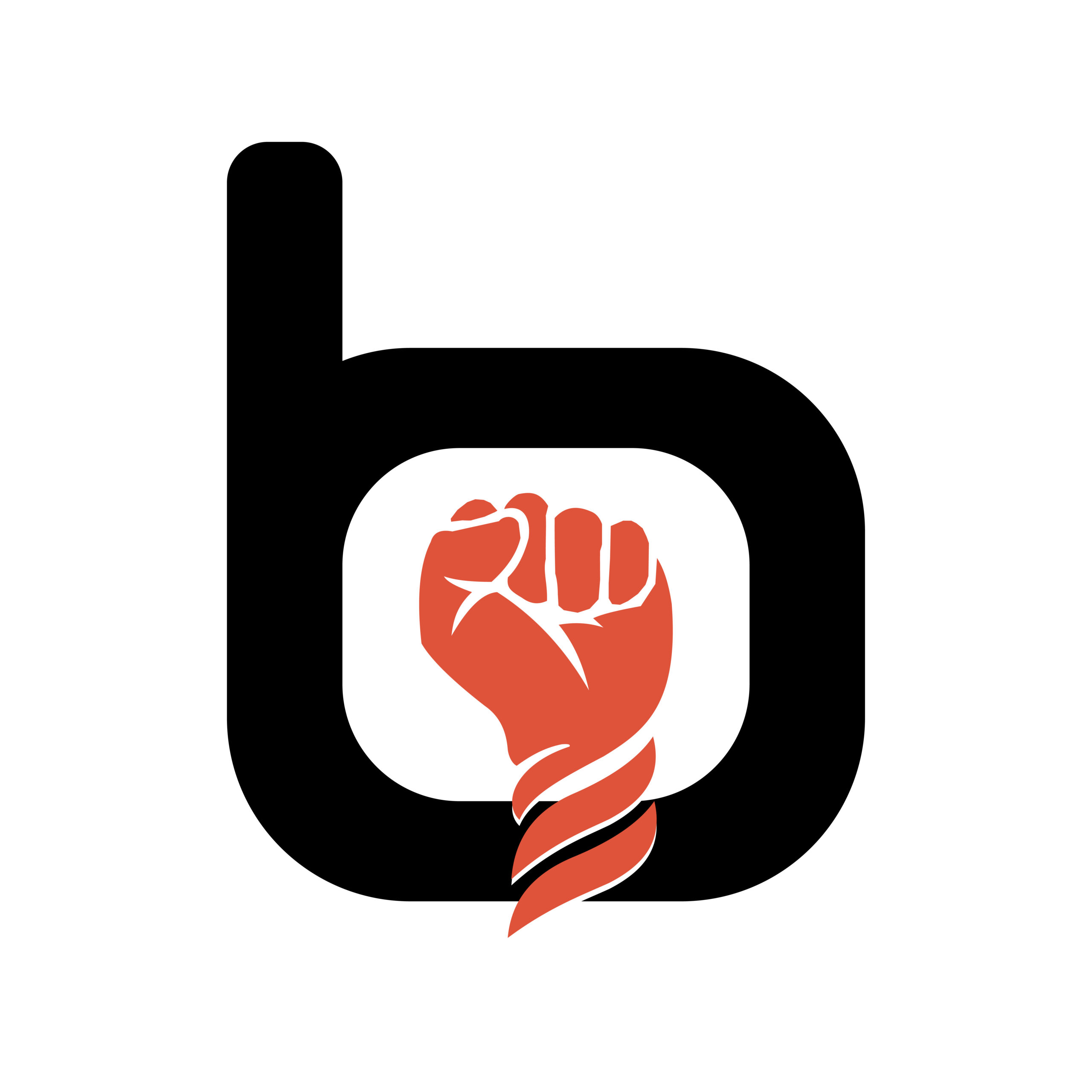Zellnor Myrie: Brooklyn Progressive Championing Housing, Justice & Voting Rights
Share
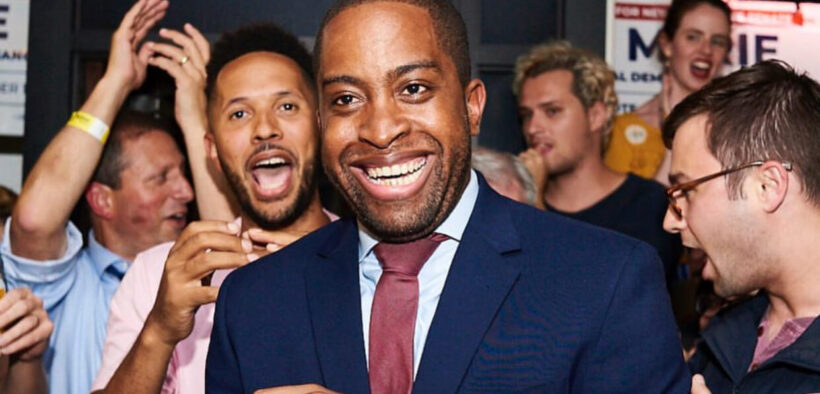
Zellnor Myrie is a product of Brooklyn, New York, raised in a rent-stabilized apartment in Prospect-Lefferts Gardens by immigrant parents from Costa Rica, educated in the city public schools and later graduating from Brooklyn Technical High School. His background is deeply working-class and immigrant-rooted, and from the start of his career he’s carried that identity into his politics.
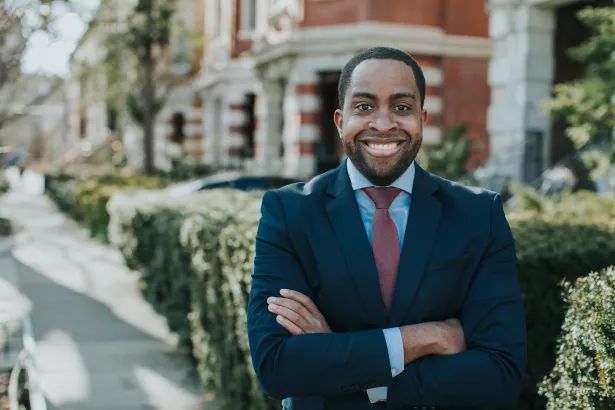
He earned a B.A. in Communications and M.A. in Urban Studies from Fordham University, and then a J.D. from Cornell Law School. Before assuming elected office, Myrie worked as a legislative director in the New York City Council and put in hundreds of hours of pro-bono legal work. In 2018 he ran for and won the New York State Senate seat for District 20, which covers parts of Central Brooklyn including Crown Heights, Park Slope and Prospect-Lefferts Gardens.
Since becoming a senator in 2019, Myrie has built a reputation as a progressive legislator focused on three core areas: affordable housing and tenant protections, gun violence reform, and voting rights & election reform. On housing, he’s championed strong rent law protections, fought for preservation of affordable units, and helped protect homeowners from deed theft. His work reflects his personal history in a rent-stabilized building and his deep connection to neighborhoods where housing security is still fragile.
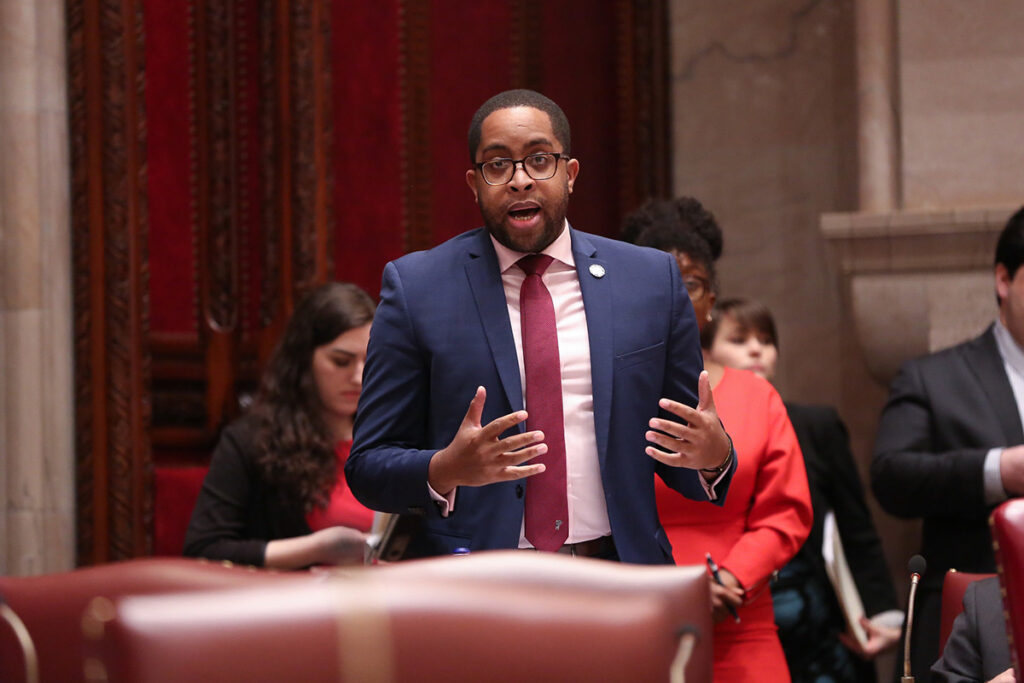
On gun reform, Myrie authored what is described as the nation’s first state-level gun industry liability law, holding dealers and manufacturers accountable when illegal weapons enter communities. He has also expanded the definition of gun violence to view it as a public health crisis, pushing for community-based violence intervention programs. In voting rights and elections he chairs the New York State Senate Elections Committee and helped pass sweeping reforms including the John R. Lewis Voting Rights Act for New York, which many consider among the strongest in any U.S. state.
His ideological stance is rooted in progressive values: equity, justice, accessibility. For Black and immigrant New Yorkers his story resonates, a son of immigrants, educated publicly, ascending into a role where he seeks to transform the system rather than simply maintain it. His platform for the 2025 New York City mayoral race includes bold housing targets (including building one million homes), universal after-school programs, and immigrant protections embedded in city policy.
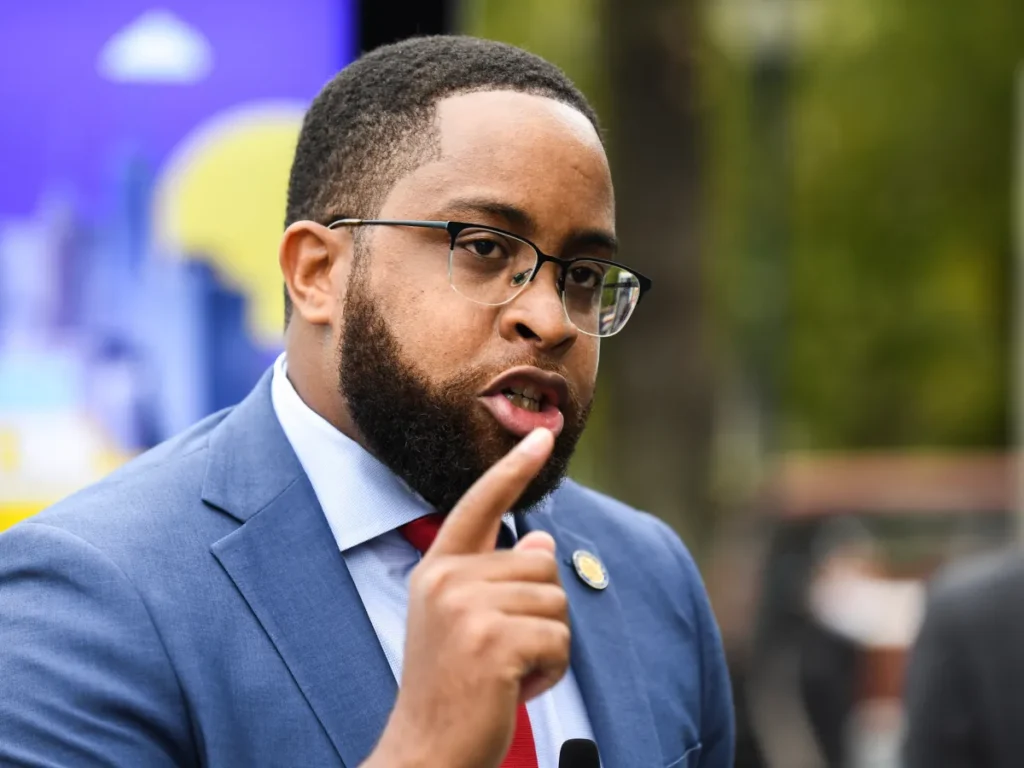
Yet Myrie faces significant challenges. Name recognition outside his district remains limited, and the race for mayor includes high-profile opponents with deep resources. The question for many is whether his legislative record and progressive vision can scale up to city-wide leadership. For Black communities, though, his rise offers meaningful representation and hope for systemic change.
In sum, Zellnor Myrie combines lived experience, legal training, and progressive policy ambition, making him a standout figure in New York politics. His journey underscores the broader narrative of Black excellence: leveraging community roots into measurable impact, while pushing back against structures that too often leave marginalized voices behind.
